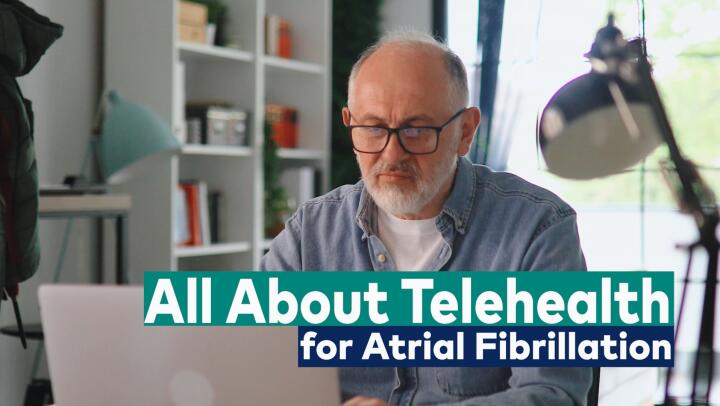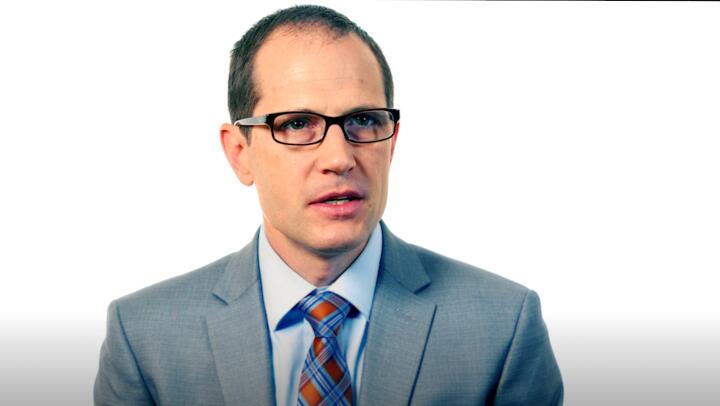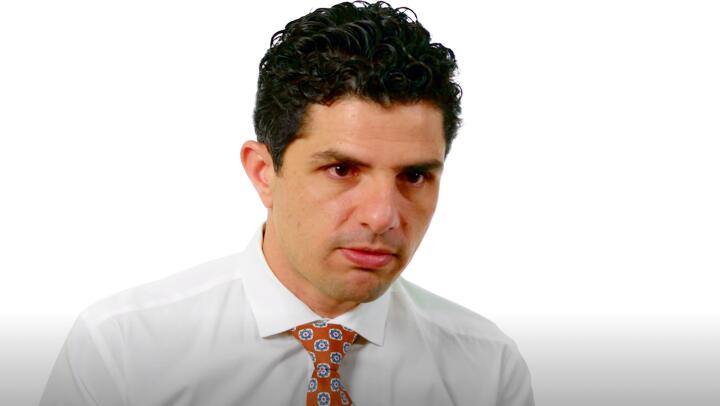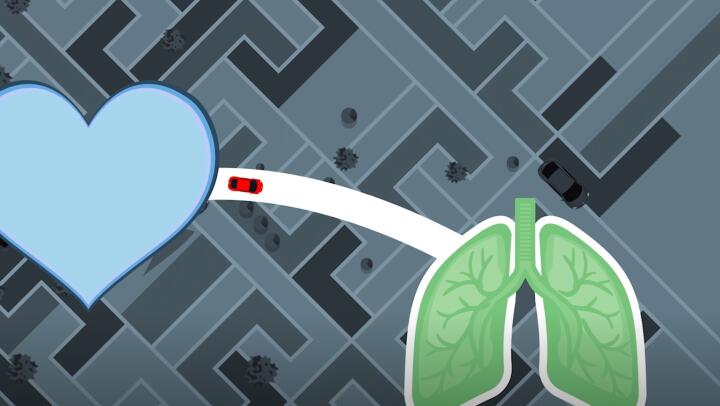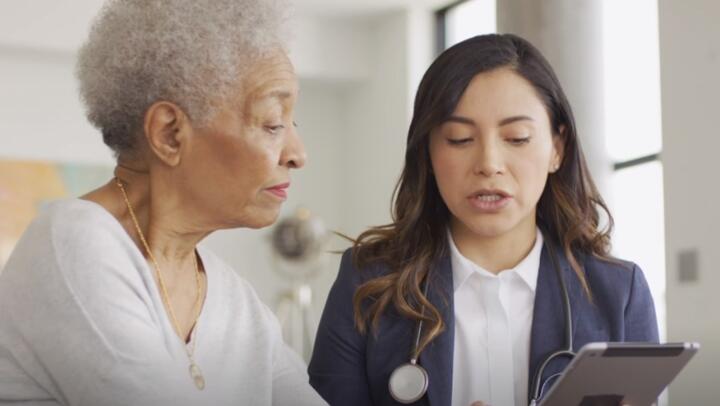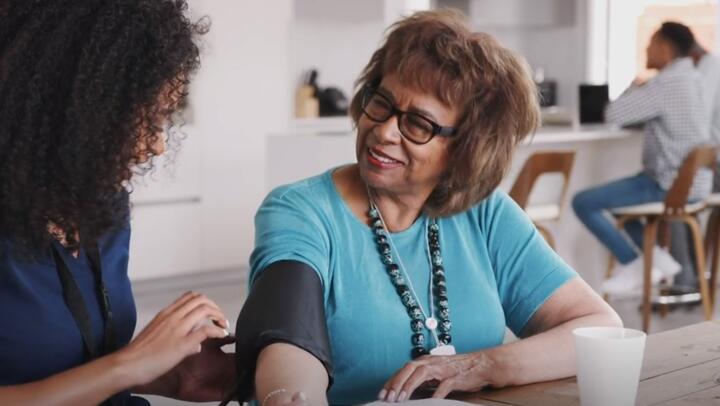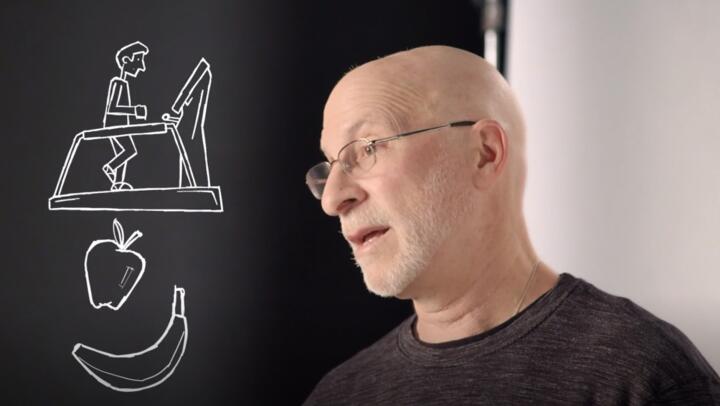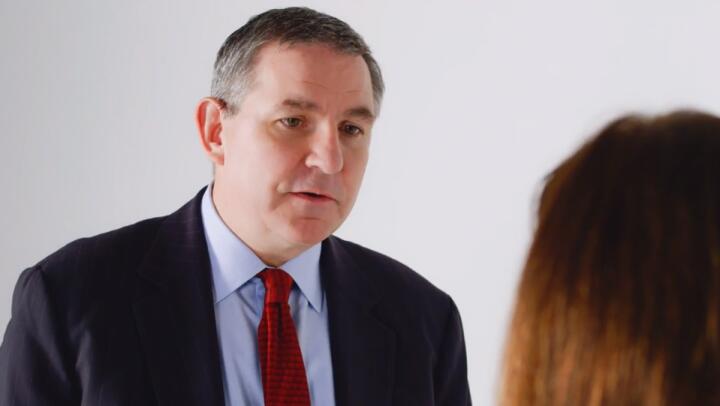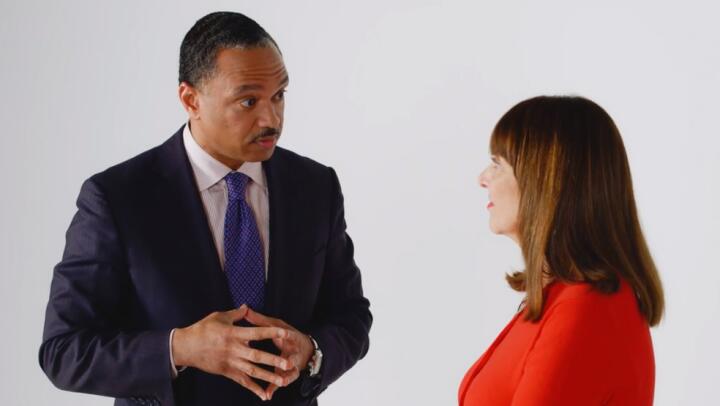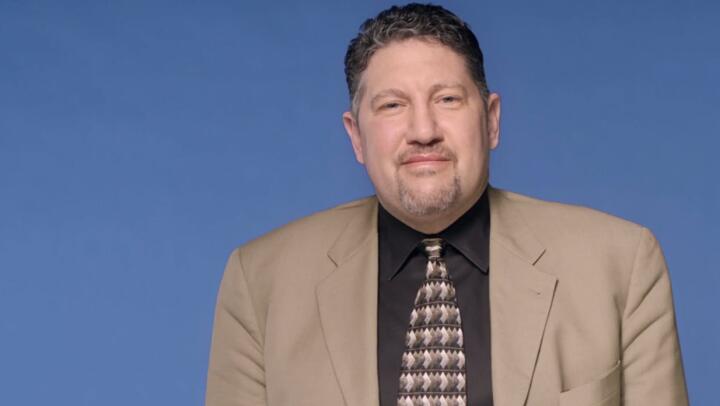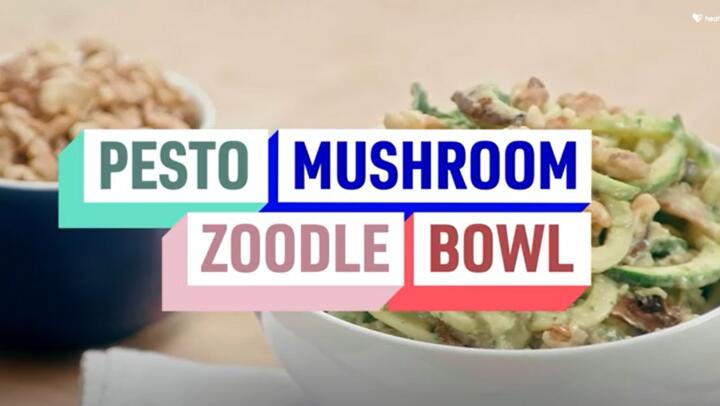
Watching your diet is an important part of managing atrial fibrillation (afib). That's because many afib risk factors, like high blood pressure and coronary heart disease, are influenced by what (and how much) you eat. If you take certain blood thinners as part of your treatment, you need to be careful not to eat too many foods high in vitamin K, such as leafy greens. You also need to avoid heart stimulants in your diet because these could make your afib worse. That might sound like a lot to keep in mind, but remembering these do's and don'ts will help you stay on track:
Do follow a heart-healthy diet to lower your risk of coronary heart disease. Coronary heart disease is the formation of fatty deposits, called plaques, inside the arteries that supply your heart. Coronary heart disease is a major cause of atrial fibrillation. Eating a heart-healthy and balanced diet means getting plenty of fruits, vegetables, and whole grains, and limiting saturated fats.
Don't add salt to your diet. High blood pressure is another big risk factor for atrial fibrillation. To lower your risk of high blood pressure, make sure your heart-healthy diet puts strict limits on salt. The Dietary Approaches to Stop Hypertension (DASH) eating plan advises eating no more than 1,500 milligrams of salt each day. Substitute herbs and flavorful spices.
Do enjoy fish as a source of protein instead of red meat at least twice a week. Coldwater fish are high in omega-3 fatty acids. Studies show that a diet high in these healthy fats can protect against abnormal heart rhythms. In fact, several studies have shown that eating 3 to 6 ounces of coldwater fish, such as salmon, herring, sardines, and mackerel, once a week can reduce your risk of dying from heart disease by 36%.
Don't forget about vitamin K. If you are taking the blood-thinning drug, such as warfarin, which is used to prevent stroke in people with atrial fibrillation, make sure you don't suddenly increase or decrease the amount of vitamin K in your diet. Increasing vitamin K can decrease the drug's effect, while decreasing vitamin K can increase its effect. Vitamin K is found mainly in leafy green vegetables. Talk to your healthcare provider for specific guidelines on vitamin K based on the blood-thinning drug you are taking.
Don't drink too much alcohol. Although a moderate amount of alcohol may have some health benefits for your heart, drinking too much can trigger an attack of atrial fibrillation. Studies show that for men, 35 alcoholic drinks a week increases the risk of developing atrial fibrillation. Women may be at even greater risk. According to the Women's Health Study, women who have two alcoholic drinks every day raise their risk of atrial fibrillation by 60%.
Do avoid caffeine if you are sensitive to it. Caffeine is a stimulant, and it can speed up your heart rate. It may be an atrial fibrillation trigger in high doses or if you are very sensitive to it. Although a study of 48,000 people found no link between caffeine and atrial fibrillation, there have been reports of energy drinks (which contain very high amounts of caffeine) triggering attacks of atrial fibrillation in teenage boys. Caffeine is also found in soft drinks, tea, and chocolate. But don't worry too much about chocolate—you would need to eat about 15 chocolate bars to get the same amount of caffeine in one 8-ounce cup of coffee.
Do think of diet as part of an overall healthy lifestyle. If you are struggling with nutrition issues, ask your healthcare provider to refer you to a dietitian for help. Maintain a healthy weight with a combination of diet and physical activity. Don't smoke, and avoid stress, which may aggravate atrial fibrillation. Don't react to stress by going off your diet, drinking too much alcohol or caffeine, or resuming smoking.
Diet is an important part of managing atrial fibrillation.
Eat a diet that promotes good heart health and reduces the risk of high blood pressure.
Ask your healthcare provider about diet precautions if you are on a blood thinner.
- Make good choices about the amount of alcohol and caffeine in your diet.




